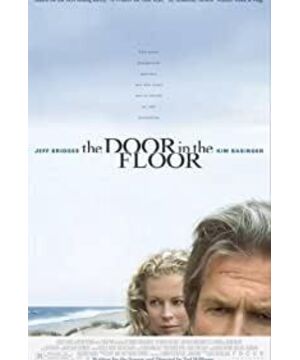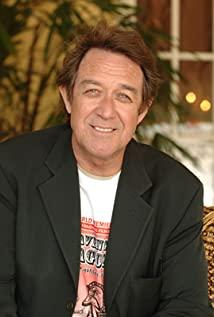I read your, um... your story.
Oh. I thought you forgot.
No. I just didn't have a chance
to get to it before.
It's not very good, is it?
Oh, it's, uh... it's very heartfelt,
very... very personal.
It's, um...
Well, it's just a collection
of personal anecdotes
that don't really add up to much.
It's, uh...
I was just tryin' to see if I could
write something that seemed true.
Oh, it seems true. It, uh,
just isn't very interesting.
Sort of a...
an emotional outburst, but, uh,
it isn't really a story.
And that, uh... the guy, Hank...
you know, the one who dies at the end?
Yeah.
You need to prepare a reader
for something like that. Uh...
It just... It didn't seem like
the way things happened.
Well,
you need to let your audience
guess what's gonna happen...
you know, anticipate
what's gonna happen...
and then you surprise them.
But, um, you have to guide them through it.
You know what I mean?
Yeah.
There's a part of writing that, uh,
involves a certain manipulation.
That may seem cold to you,
but it is, you know, sort of cold.
lI guess.
Everything in fiction is a tool:
pain, betrayal,
even death.
These are, you know...
These are like, uh, different colors
on a painter's palette.
You need to use them.
Also, the details...
they could be more specific, you know?
Specific details, they...
they create whole scenes in a reader's mind.
Not being specific, that's just sloppy.
It's sloppy thinking.
S-Specific details?
Yeah...
smells, taste... details.
But I'll tell ya, for a, uh. ..
for a first effort, it's not that bad.
View more about The Door in the Floor reviews











